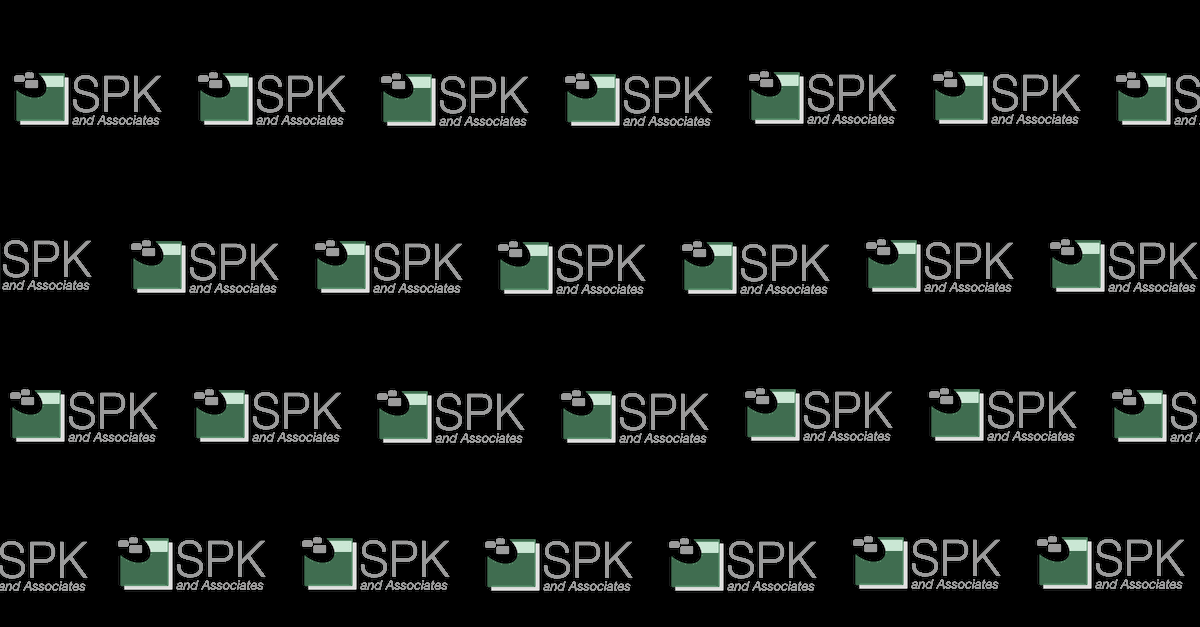Mobile application developers have a new tool in their arsenal when it comes to increasing their software quality and speed of production. With the recent launch of their new site, Ship.io, Electric Cloud is looking to bring Continuous Delivery to native iOS and Android app development.
Ship.io’s main goal is to be an end-to-end solution for streamlining mobile app development through the automation of the build-test-deploy cycle. Native mobile applications—particularly for Android—present a unique challenge due to the many permutations of devices and OS versions being used in combination.
To make this complexity manageable, Ship.io automatically detects and configures iOS and Android dev projects. Furthermore, by offering tight integrations with services like GitHub, AppThwack, TestFlight ,and HockeyApp, the act of checking in code can automatically trigger unit testing and device testing against both virtual and physical devices and distribute successful builds OTA to target devices. While still having to supply their own unit tests, the fact that developers can run their builds against all manner of devices without having to actually provide their own hardware or glue-ware is a big win!
Ship.io is available as a SaaS service and the current Beta release is free to use. At the time of this writing, when a user creates an account, they’re taken to a dashboard where they can run a demonstration iOS build. Users of the free beta will also notice that there is a counter at the top of the page indicating that they have 9999 builds remaining for the month and suggests that future subscription fees will be based around how many builds per month a user expects to execute.
One of the great things about the respective app stores for iOS and Android is how they’ve given startups and hobbyists the ability to reach users through the same distribution channels as larger organizations. By eliminating much of the grunt work and providing easy access to hosted test devices, Electric Cloud is now making it easier for small development teams to produce apps that rival the code quality of larger organizations.
Next Steps:
- Contact SPK and Associates to see how we can help your organization with our ALM, PLM, and Engineering Tools Support services.
- Read our White Papers & Case Studies for examples of how SPK leverages technology to advance engineering and business for our clients.
David Hubbell
Software Engineer
SPK and Associates







